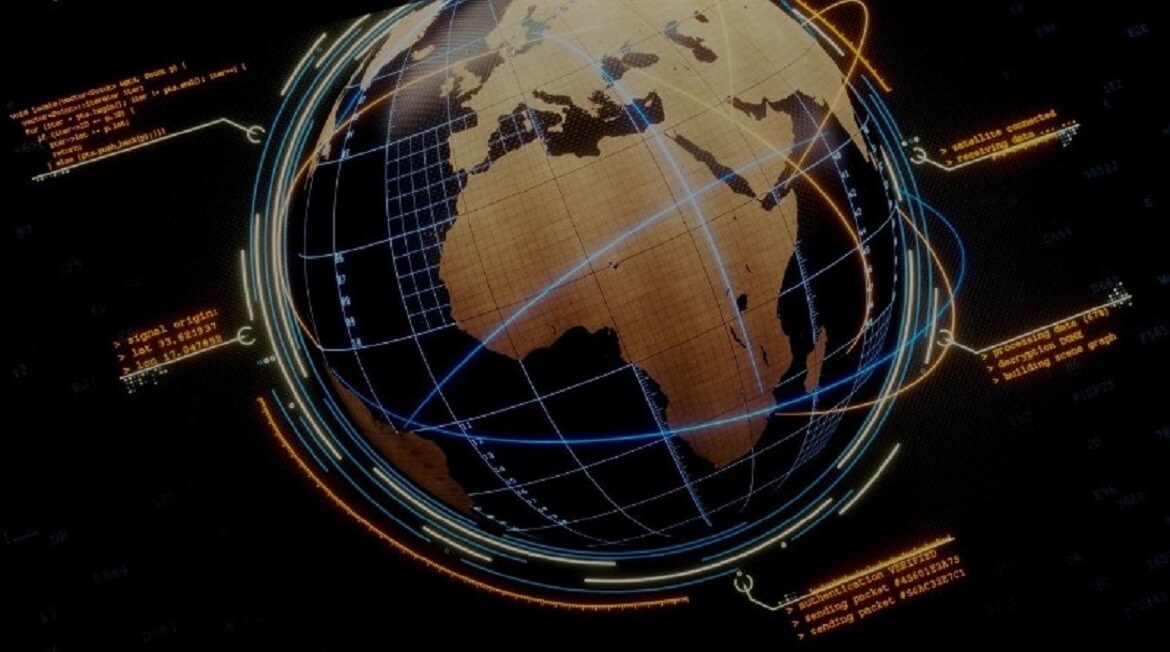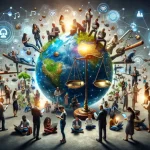Introduction
In the digital era, influence no longer resides solely in governments or traditional media. Technology, celebrity, and politics have merged to form a global stage where attention defines power. Social media, AI, and online platforms now dictate who shapes public opinion and how narratives unfold worldwide.
A single post, video, or innovation can ripple across continents, affecting elections, economies, and cultural trends. Understanding this convergence is essential for navigating the modern world, where digital presence is as powerful as formal authority.
Technology as a Catalyst for Change
Technology drives rapid societal transformation. Artificial intelligence, data analytics, and social media platforms allow leaders, influencers, and corporations to reach audiences instantly. These tools not only optimize communication but also amplify impact, making visibility synonymous with authority.
However, rapid adoption introduces risks. Algorithmic bias, misinformation, and surveillance can undermine trust and stability. Successful navigation of this landscape requires ethical decision-making alongside technological innovation to ensure benefits reach society without manipulation.
Celebrities as Agents of Global Influence
Celebrities now hold more sway than ever in shaping public discourse. Figures like Beyoncé, Greta Thunberg, and Elon Musk influence politics, philanthropy, and public opinion with global reach. Their platforms amplify messages about social justice, climate change, and governance far beyond traditional channels.
Yet their influence is contingent on credibility. Audiences demand sincerity, and fleeting or performative actions are quickly scrutinized. Sustainable impact requires consistent advocacy, informed messaging, and a genuine connection to the causes being championed.
AI and the Evolution of Media
Artificial intelligence has transformed the media landscape. News, entertainment, and social content are increasingly AI-generated, curated, and distributed. This evolution enables efficiency but also raises questions about truth, accountability, and ethical oversight in information dissemination.
Responsible AI deployment can strengthen journalism, detect misinformation, and promote transparency. Maintaining trust requires constant vigilance and regulatory frameworks that balance technological innovation with societal accountability.
Global Politics in the Digital Spotlight
Digital platforms have become arenas for diplomacy and political engagement. Leaders communicate directly with citizens and international audiences, shaping narratives in real time. Social media amplifies messages, making transparency and responsiveness essential for political credibility.
This environment empowers smaller nations and independent voices to participate in global debates. Success depends on strategic use of technology, digital literacy, and the ability to counter misinformation while building international trust.
Tech Giants and Their Global Influence
Companies like Meta, Google, and TikTok act as powerful intermediaries between citizens, governments, and culture. Algorithms control visibility, shaping elections, social movements, and cultural discourse. This unprecedented influence demands accountability and thoughtful regulation.
Governments worldwide are slowly enacting laws to manage privacy, AI ethics, and content moderation. The delicate balance between innovation and governance will define how technology serves society rather than dominating it.
Entertainment as a Reflection of Society
Pop culture is now a lens for understanding societal values and global trends. Films, music, and digital media address political, social, and technological issues, engaging audiences worldwide. Celebrities and creators shape dialogue that influences both perception and action.
The responsibility of creators is growing. Impactful content combines creativity with awareness, fostering critical thinking and informed engagement. Entertainment has become not only a source of leisure but a vehicle for meaningful societal influence.
FAQs
How is technology shaping modern influence?
Technology enables rapid communication, global reach, and data-driven insights, making digital presence a critical form of power.
Why do celebrities matter in global debates?
Their platforms allow them to amplify causes, mobilize support, and influence public opinion and policy worldwide.
What challenges does AI pose to media integrity?
AI can create synthetic content, manipulate narratives, and spread misinformation, requiring ethical oversight and transparency.
Are tech companies more powerful than governments?
In many ways, yes. Control over platforms, data, and algorithms gives them unprecedented influence over global communication and culture.
How does entertainment affect politics and society?
Pop culture simplifies complex issues, sparks conversation, and inspires social and political engagement across global audiences.
Conclusion
Technology, fame, and politics now operate as a single, interconnected force shaping global influence. Digital presence, ethical responsibility, and authenticity define who holds power in this era. Every innovation, post, and creative work has the potential to alter perception and outcomes on a worldwide scale.
As the digital landscape evolves, the most impactful voices will combine reach with integrity. Whether in politics, technology, or entertainment, the future of influence will belong to those who use their platforms responsibly, promote transparency, and drive positive societal change.







